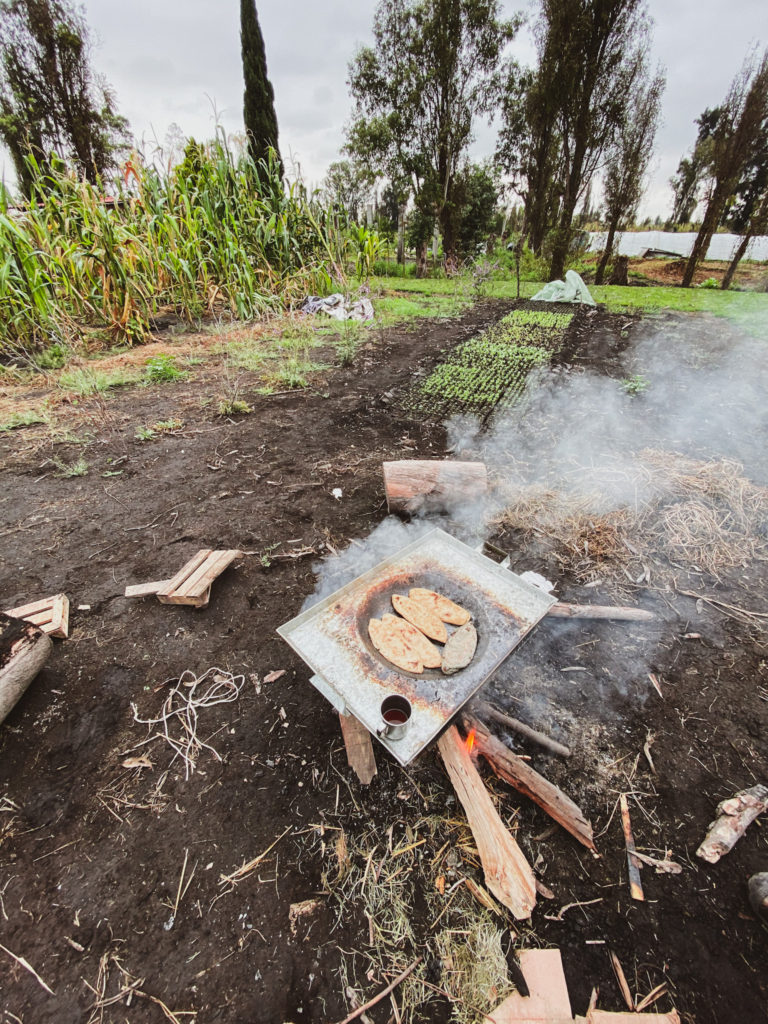The Power of Our Roots
Latin American populations are unique due to demographics and diversity. There is not enough research and data available to understand the generational roots of this nation. Multi-racial individuals are more likely to experience identity rejection (Franco & O’Briend, 2018).
Due to their lack of awareness of their diverse roots, they are rejected. In addition, ethnically diverse individuals who do not know anything about their culture cannot build an identity on a firm foundation. Instability in their cultural foundation contributes to mental disorders.
Research indicates that people with a confused cultural identity are less likely to receive positive social interactions (Remedios & Chasteen, 2013). As a result of mental and social concerns, one is expected to experience rejection, social instability, and disorders.
Despite the risk of trauma associated with connecting with our culture at its root, Latin Americans can create a stable foundation upon which they can build a strong sense of self. Cultural awareness, cognitive functions, and a sense of purpose are all connected to identity.

The Benefits of Connecting
Cultural Awareness
The seeds of cultural knowledge and awareness serve as catalysts for identity development. You discover more about yourself, your origins, and your purpose in life. Low self-esteem, inferiority complexes, and social injustice are closely associated with caste systems and Latin American cultures (Nagar et al., 2021). When Latin Americans understand the root cause, they can identify the areas in their self-development that require healing and convey this knowledge to their family members. For future generations, the acquired knowledge can serve as seeds.
Cognitive Functions
An individual’s cognitive functions are defined as how their brain processes information. A person’s perception of his or her culture determines what he or she perceives about himself or herself. Let’s say your family’s cultural trees are rooted in traumas. If that is the case, these traumas will affect how you form your self-identity, and your family manages interpersonal relationships. Unless your family or yourself look into their generational library to understand traditions, patterns, toxic behaviors, and mental disorders, the family tree will continue to bear unhealthy fruits (mental disorders). Understanding our cognitive functions is essential to understanding how we process the Power of Our Roots.
Sense of Purpose
The process of understanding our sense of purpose begins with the excavation of our past. Understanding how our ancestors managed their present culture is crucial to understanding how they shaped our DNA. Ecuadorian ancestry genetics is used to gather insightful data to understand how different patterns embedded in the culture influenced the past and will impact future generations (Nagar et al., 2021). Our technological advancements can contribute to clarifying the purpose of Latin Americans through understanding the Power of Our Roots.
We risk triggering generational traumas when we connect to our ancestral roots, exposing us to root-level healing. It is evident that an array of mental illnesses, generational traumas, narcissism, toxicity, and ancestral disconnect have reached the tip of the iceberg; this has become even more obvious post-pandemic. The Power of Our Roots needs to be unleashed as Latams hop on the path of root-level discovery to heal generational issues.
Related Posts


